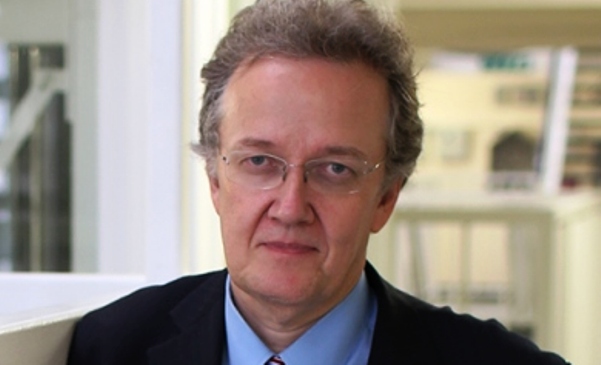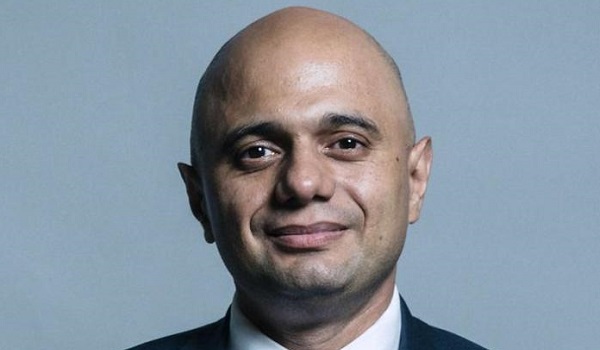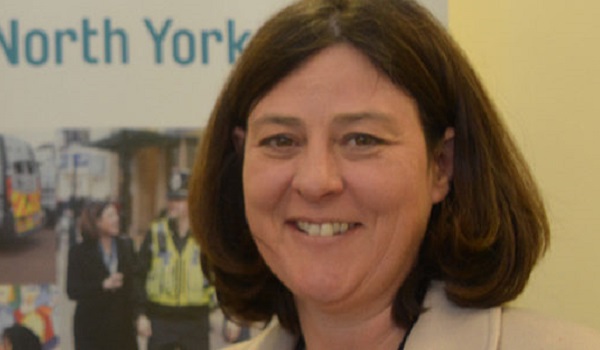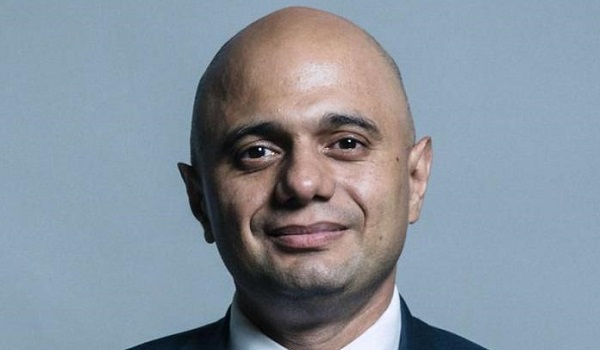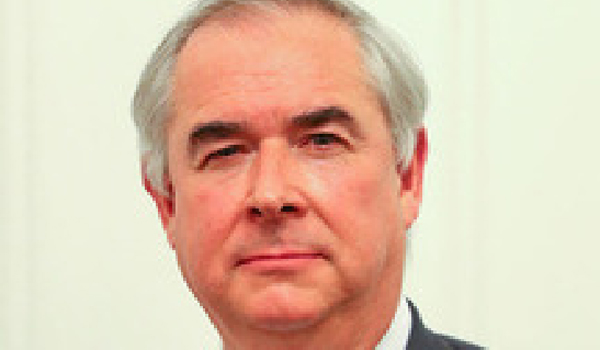John Worboys ‘scapegoat’ tells Justice Secretary to keep hands off Parole Board
Departing Parole Board chairman Nick Hardwick has warned the fallout from the judicial review ruling over John Worboys’s release is threatening its independence.
The man who has held three of the “most difficult” public offices spoke out after his shock resignation ahead of today’s High Court decision that means the serial sex attacker remains in prison.
The quashing of the board’s intention to release serial sex attacker Worboys has already claimed the scalp of Mr Hardwick who in the last 15 years has headed up the Independent Police Complaints Commission, HM Chief Inspector of Prisons and latterly the Parole Board.
And within hours of his departure, Justice Secretary David Gauke – who said Mr Hardwick’s position was “untenable” and welcomed his resignation – was being accused of “bearing some responsibility” for the failings made in the Worboys case.
He was due to make a hastily-arranged statement to the House of Commons on Wednesday afternoon as Mr Hardwick was perceived as being the “scapegoat” in this scenario.
Mr Gauke confirmed to Police Professional that Mr Hardwick stepping down is the “correct decision in light of the serious failings outlined in today’s judgment”.
But in his letter of resignation to the Justice Secretary, Mr Hardwick was at pains to point out he had “no role in the decision of the panel” in the Worboys case.
Mr Hardwick expressed his pleasure that the rule prohibiting the Parole Board explaining its decisions should be lifted, adding that he is in admiration of the “courage and tenacity of the women who brought the judicial review” and welcomed scrutiny.
He felt that confident that as a result of this case a much simpler system for reviewing Parole Board decisions will be established.
He said he was “sorry for the mistakes that were made in this case” and, because he would not “pass the buck”, was resigning with immediate effect.
But before signing off, he offered a note of caution and concern about the independence of the board.
He added: “I believe this matter raises very troubling questions about how the Board’s independence can be safeguarded.
“I hope Parliament will consider what structural changes are necessary to ensure this independence is protected in future.”
Mr Hardwick was adamant in his letter that he was “capable” of leading the Parole Board through any changes that he said he had “advocated” and “that will now be necessary”.
But Mr Gauke told Police Professional that he was looking to a new leadership team seeing through “vital changes”, adding: “It is crucial the Parole Board now takes all necessary measures to ensure that public confidence is maintained in its decision-making processes.”
Worboys will remain behind bars after two of his victims won a landmark case to overturn a controversial decision to release the black cab rapist.
In November, the Parole Board decided to approve his release with “stringent” licence conditions, arguing its decision was based on appropriate evidence.
But on Wednesday, three High Court judges in London said that the board must make a “fresh determination” in the case of the 60-year-old serial sex attacker.
Sir Brian Leveson, Mr Justice Jay and Mr Justice Garnham said the board should have “undertaken further inquiry into the circumstances of his offending”.
The judges announced that, in the light of their findings, the “release decision will be quashed” and the case “remitted to the Parole Board for fresh determination before a differently constituted panel”.
Lawyers for the two women who brought the challenge said Mr Gauke “bears some responsibility” for the failings made in the Worboys case.
Speaking after the ruling, Phillippa Kaufmann QC said it was the Ministry of Justice that was responsible for putting the dossier of evidence before the Parole Board for it to make its decision regarding his release.
She also said it was “disappointing” that Mr Hardwick appeared to have been made a “scapegoat”, when there was a “systemic failure”.
Former Independent Police Complaints Commission (IPCC) chief executive Jane Furniss paid this tribute to the outgoing Parole Bboard chairman: “Nick Hardwick is a man of unquestionable integrity who has been willing to take on three of the most difficult public offices – chair of IPCC, HM Chief Inspector of Prisons and chairman of the Parole Board.
“He is a brave and honourable man.”
Prime Minister Theresa May said the decision to quash the release gives rise to “serious concerns”, as she praised the “brave” victims who brought the legal action.
Lawyers for the women argued during a hearing earlier this month that the Parole Board’s decision to release Worboys, who now goes under the name of John Radford, was “irrational” and should be overturned.
At the conclusion of the hearing on March 14, the judges continued a temporary bar preventing Worboys’ release, which was originally granted in January.
Worboys has served ten years, including remand time, of an indeterminate prison sentence.
London Mayor Sadiq Khan, who brought the judicial review with two unnamed victims, called for an “urgent overhaul” of the way Parole Board decisions to release offenders are made.
Responding to the High Court’s judicial review, the Parole Board praised the “bravery and determination” of the two women who brought the challenge.


